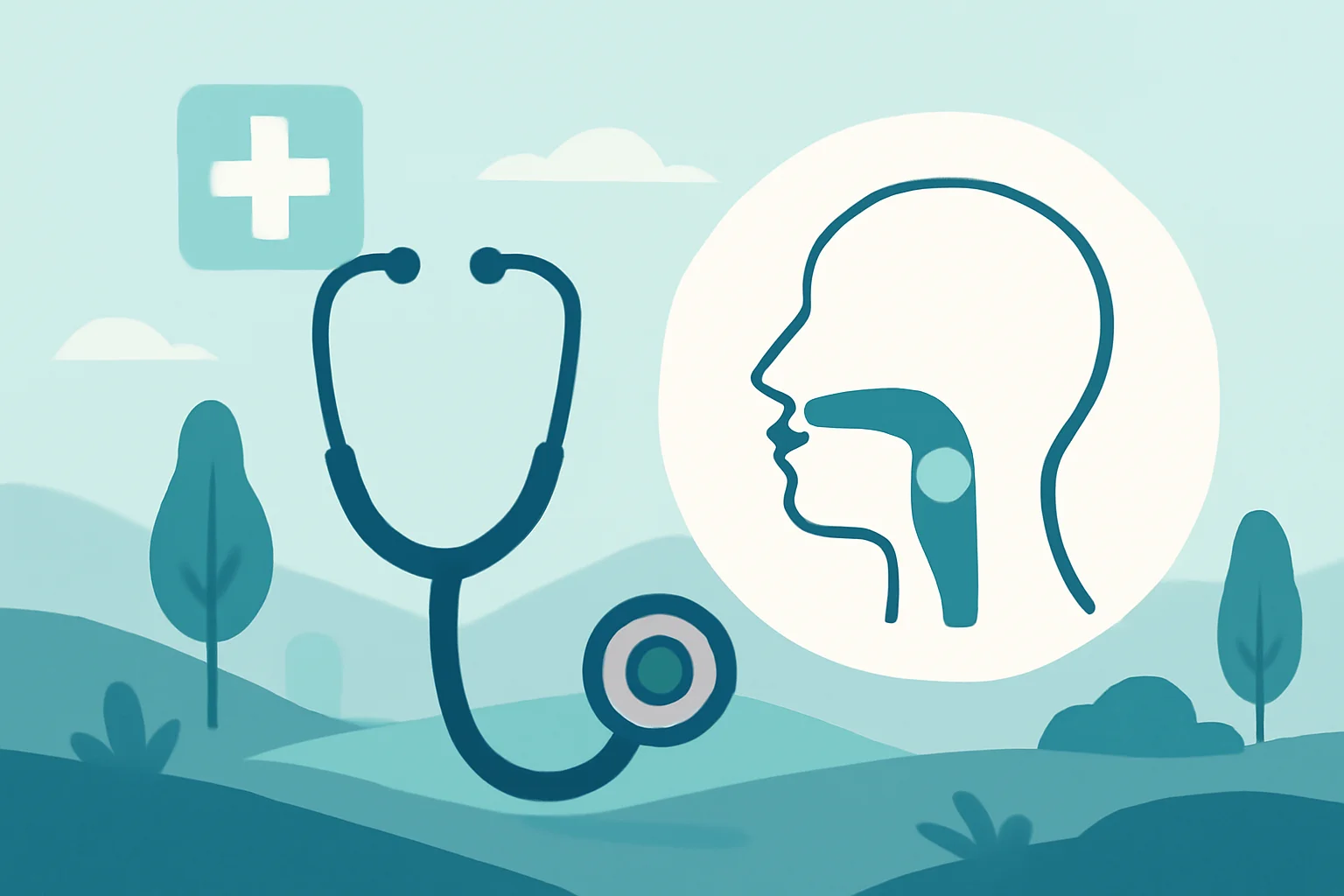
The Relationship Between Tremors and Anxiety: Solutions for Everyday Life
The tremors and anxiety are common symptoms that affect many people’s lives. These phenomena are closely intertwined and often difficult to separate from one another. Tremors can be a physiological response to stress, while anxiety is an emotional state that can arise from various causes. Many people experience these symptoms in everyday life, and although they are often transient, they can be persistent in certain cases. The physical manifestation of tremors can take various forms, such as shaking of the hands, legs, or the entire body. Anxiety, on the other hand, can trigger varying levels of stress responses that impact daily activities, social relationships, and overall well-being.
Understanding Tremors and Anxiety
To understand tremors and anxiety, it is important to consider their causes, symptoms, and the relationships between them. In many cases, physical and psychological factors interact with each other, so tremors and anxiety can occur together. The aim of this article is to provide assistance in recognizing tremors and anxiety, as well as possible ways to treat them.
What Causes Tremors?
Tremors can arise from many causes, and in many cases, they occur as a result of physiological reactions. The most common causes include stress, fatigue, excessive caffeine consumption, or even side effects from certain medications. Tremors can also be a response from the nervous system, appearing as part of the body’s reaction in various situations.
Stress and anxiety have a strong activating effect that stimulates the body’s “fight or flight” response. During this time, the body produces adrenaline, which increases heart rate and breathing, as well as causes muscle tension. This tension often manifests as tremors, as muscle groups cannot evenly distribute the load.
Another common cause of tremors is fatigue. Exhaustion can lead the body to function improperly, resulting in tremors. The degree and duration of fatigue influence the intensity of the tremors, and rest can help reduce this symptom.
Caffeine, as a stimulant, can also contribute to tremors. Excessive consumption of coffee, energy drinks, or other caffeinated beverages can heighten levels of anxiety and cause tremors. The effects of caffeine vary from person to person, but many experience that excessive consumption leads to nervousness and tremors.
Finally, certain medications, such as some antidepressants, can also trigger tremors as a side effect. These medications affect the functioning of the nervous system and can cause tremors, especially if the dosage is not appropriate.
Understanding Anxiety
Anxiety is a complex emotional state that can manifest in various forms. Anxiety is a normal reaction to stressful situations; however, if anxiety becomes persistent or excessive, it can lead to serious problems. Symptoms of anxiety include restlessness, tension, sleep disturbances, and physical symptoms such as tremors, sweating, or palpitations.
Various causes can underlie anxiety. These include genetic predisposition, environmental factors, and past traumatic experiences. There are different types of anxiety disorders, such as generalized anxiety disorder, panic disorder, or social anxiety. In every case, proper diagnosis and treatment are essential.
There are various methods available for treating anxiety. Psychotherapy, particularly cognitive-behavioral therapy, can be effective in reducing anxiety. During therapy, patients learn to manage the thoughts and behaviors that trigger their anxiety.
In addition, medication can also help. Antidepressants and anxiolytics can effectively reduce anxiety levels; however, it is important that these are prescribed by a doctor and monitored closely.
One key to treating anxiety is the application of relaxation techniques. Breathing exercises, meditation, or yoga can help reduce stress and contribute to the treatment of anxiety.
The Relationship Between Tremors and Anxiety
The relationship between tremors and anxiety is close, and in many cases, they can be difficult to distinguish from one another. Tremors are often a symptom of anxiety that occurs in stressful situations. When a person is anxious, their body automatically reacts, and tremors can be the nervous system’s response to tension.
Tremors and anxiety can have a reinforcing effect on each other. For example, if someone experiences tremors, it can heighten their anxiety, as the person may think that something more serious is wrong. This cycle can exacerbate the situation and complicate treatment.
It is important to understand that tremors do not always indicate the presence of anxiety. There are cases where tremors are an independent symptom that can be attributed to other causes, such as physical illness or side effects of medications. Therefore, it is crucial for an individual to thoroughly examine the causes and connections of their tremors.
In treating anxiety and tremors, psychotherapy can be beneficial as it helps the patient understand the causes of their tremors and learn how to manage their anxiety. The application of relaxation techniques can also be advantageous, as they can reduce stress levels and help alleviate tremors.
Medications used for treating anxiety can also contribute to reducing tremors, as lowering anxiety levels can also mitigate tremors. Treatment options recommended by doctors can assist individuals in overcoming both tremors and anxiety.
—
This article does not constitute medical advice. Always consult your doctor or healthcare professional for any health concerns.

